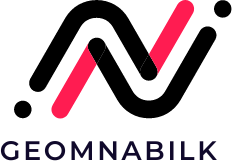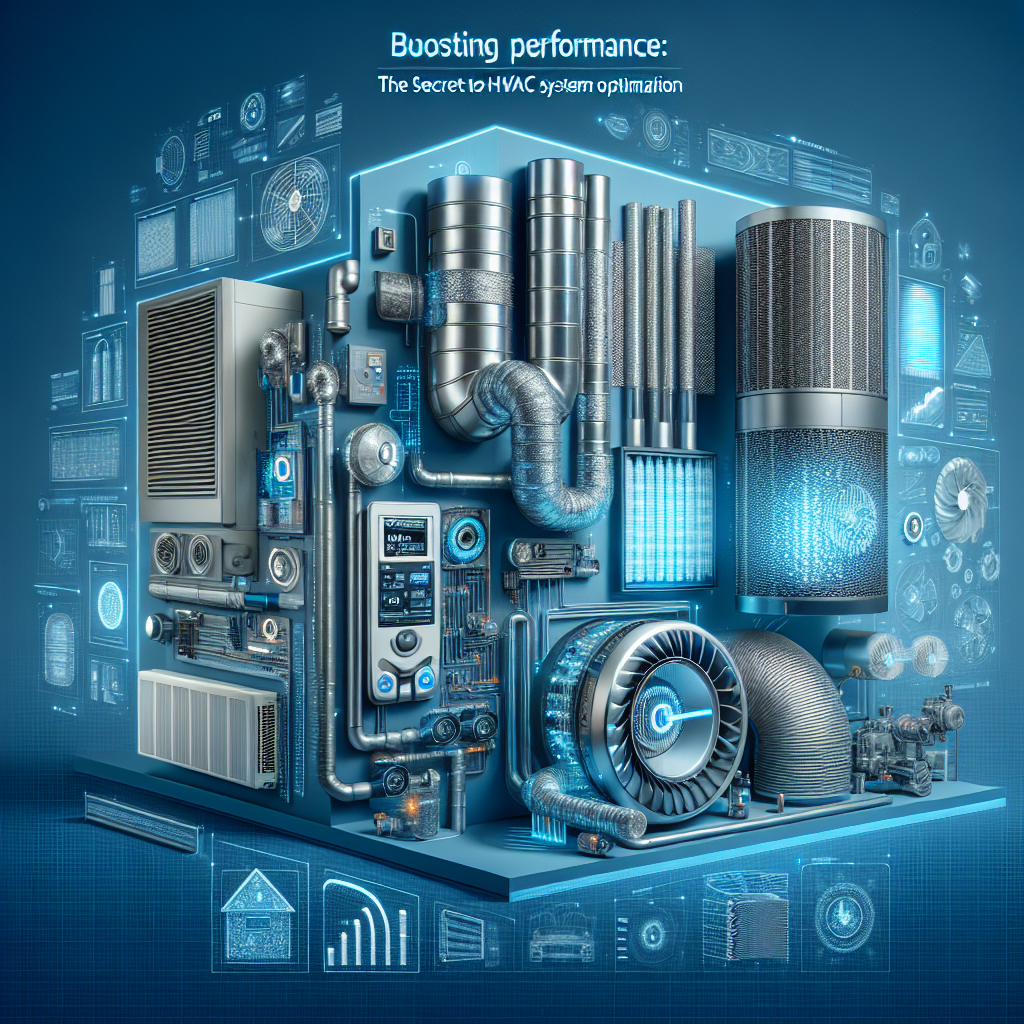As the technology in heating, ventilation, and air conditioning (HVAC) systems continues to advance, it is becoming increasingly important for businesses and homeowners to optimize the performance of their systems. By doing so, they can ensure that their HVAC systems are running as efficiently as possible, saving money on energy bills and reducing their environmental impact. Here, we will explore some key strategies for boosting the performance of HVAC systems and maximizing their efficiency.
One of the most important factors in optimizing the performance of an HVAC system is regular maintenance. By scheduling regular inspections and tune-ups, technicians can identify and address any potential issues before they become major problems. This can help prevent breakdowns and extend the life of the system, as well as ensuring that it is running at peak efficiency.
In addition to regular maintenance, it is also important to ensure that the HVAC system is properly sized for the space it is serving. If the system is too large, it will waste energy by constantly cycling on and off, while a system that is too small will struggle to maintain a comfortable temperature. By working with a qualified HVAC technician to determine the appropriate size for the system, you can ensure that it is operating at maximum efficiency.
Another key strategy for optimizing HVAC system performance is to regularly replace air filters. Dirty filters can restrict airflow, making the system work harder to maintain the desired temperature. By replacing filters on a regular basis, you can ensure that the system is able to operate efficiently and effectively.
It is also important to consider the placement of thermostats and vents throughout the space. By ensuring that thermostats are located in areas where they can accurately measure the temperature of the space, and that vents are unobstructed and positioned to evenly distribute air, you can help the system operate more efficiently.
In addition to these measures, there are also some more advanced technologies that can help boost the performance of HVAC systems. For example, smart thermostats allow users to program their HVAC systems to operate more efficiently, adjusting the temperature based on occupancy and other factors. Similarly, zoning systems can allow users to control the temperature in different areas of the building separately, further increasing efficiency.
By implementing these strategies and technologies, businesses and homeowners can boost the performance of their HVAC systems and maximize their efficiency. Not only can this help save money on energy bills, but it can also reduce the environmental impact of running these systems. With regular maintenance, proper sizing, filter replacement, and the use of advanced technologies, optimizing HVAC system performance is within reach for anyone looking to improve the efficiency of their heating and cooling systems.




